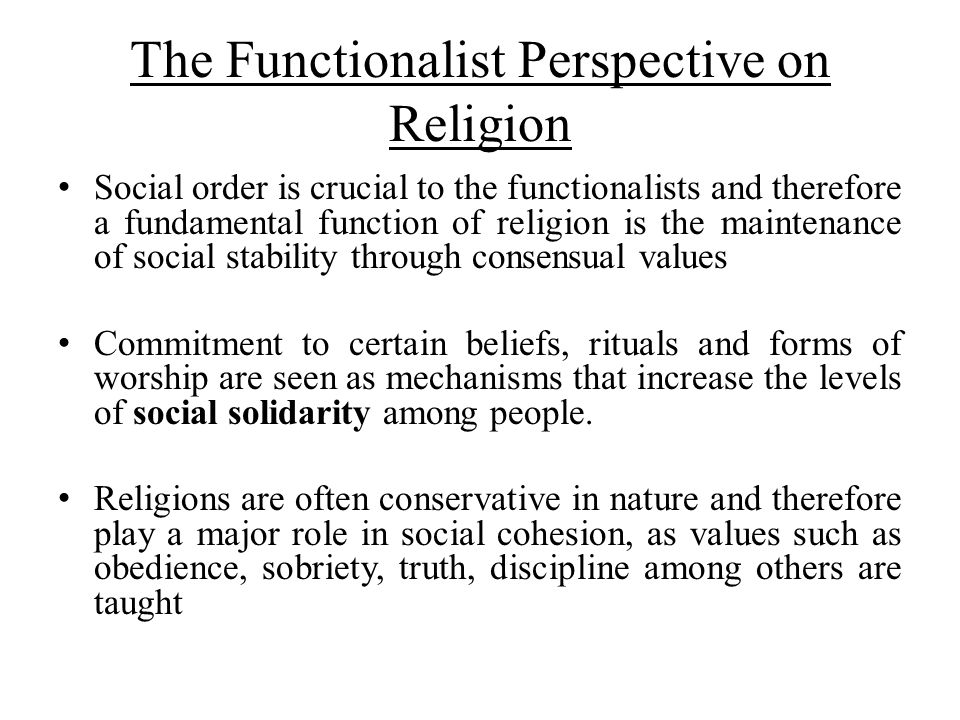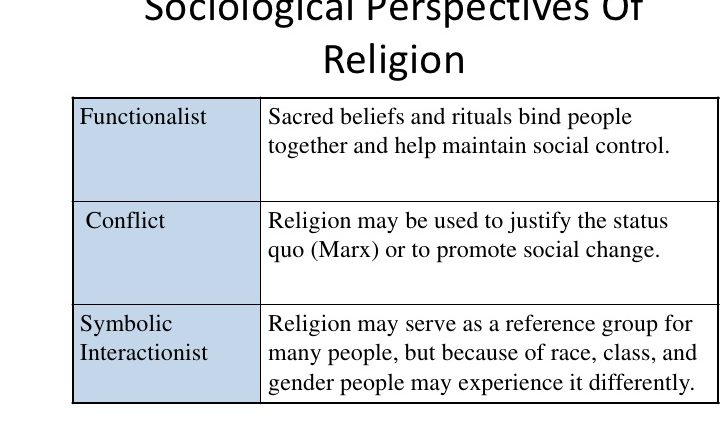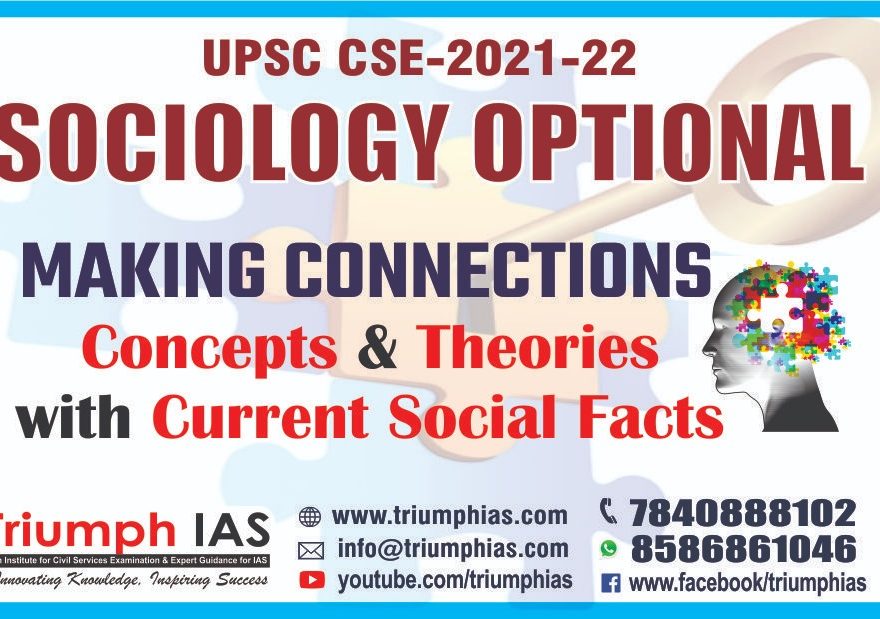Relevance: Sociology: Sociological Thinkers: Emile Durkheim- Division of labour, social fact, suicide, religion and society.
Religion and Society: Sociological theories of religion. Types of religious practices: animism, monism, pluralism, sects, cults. Religion in modern society: religion and science, secularization, religious revivalism, fundamentalism.
In contrast to Marx, Emile Durkheim spent a good part of his intellectual career studying religion. Concentrating particularly on religion in small-scale, traditional societies, Durkheim’s work, “the Elementary Forms of the Religious Life”, is the one of the most influential studies in the sociology of religion. Durkheim does not connect religion primarily with social inequalities or power, but relates it to the overall nature of the institutions of a society.

- A totem was originally an animal or plant taken as having particular symbolic significance for a group. It is a sacred object, regarded with veneration and surrounded by various ritual activities. Durkheim defines religion in terms of a distinction between the sacred and the profane. Sacred objects and symbols, he holds, are treated as apart from the routine aspects of existence, which are totemic animal or plant, except on special ceremonial occasions, is usually forbidden, and as a sacred object the totem is believed to have divine properties which separate it completely from other animals that might be hunted, or crops gathered and consumed.
- Why is the totem sacred? According to Durkheim, it is because it is the symbol of the group itself; it stands for the values central to the group or community. The reverence which people feel for the totem actually derives from the respect they hold for central social values. In religion, the object of worship is actually society itself.
- Durkheim strongly emphasized that religions are never just a matter of belief. All religion involves regular ceremonial and ritual activities in which a group of believers meets together….. In collective ceremonials A sense of group solidarity is affirmed and heightened. Ceremonials take individuals away from the concerns of profane social life into an elevated sphere, in which they feel in contact with higher forces, attributed to totems, divine influence or goods, are really the expression of the influence of the collectivity over the individual.
- Ceremony and ritual, in Durkheim’s view, are essential to binding the members of groups not only in regular situations of worship, but also in the various life crises when major social transitions are experienced – for example, birth, marriage and death. In virtually all societies, ritual and ceremonial procedures are observed on such occasions. Durkheim reasons that collective ceremonials reaffirm group solidarity at a time when people are forced to adjust to major changes in their lives. Funeral rituals demonstrate that the values of the group outlive the passing of particular individuals, and so provide a means for bereaved people to adjust to their altered circumstances. Mourning is not the spontaneous expression of grief or, at least, it is only so for those personally affected by the death. Mourning is a duty imposed by the group.
- In small traditional cultures, Durkheim argued, almost all aspects of life are permeated by religion. Religious ceremonials both originate new ideas and categories of thought, and reaffirm existing values. Religion is not just a series of sentiments and activities; it actually conditions the modes of thinking of individuals in traditional cultures. Even the most basic categories of thought, including how time and space are thought of, were first framed in religious terms. The concept of ‘time’, for instance, was originally derived from counting the intervals involved in the religious ceremonials.
- With the development of modern societies, Durkheim believed, the influence of religion wanes. Scientific thinking increasingly replaces religious explanation, and ceremonial and ritual activities come to occupy only a small part of individuals’ lives. Durkheim agrees with Marx that traditional religion – that is, religion involving divine force or gods – is on the verge of disappearing. “The old gods are dead’, Durkheim writes. Yet he says that there is sense in which religion, in altered forms, is likely to continue. Even modern societies depend for their cohesion on rituals that reaffirm their values; new ceremonial activities can thus be expected to emerge to replace the old. Durkheim is vague about what these might be, but it seems that he has in mind the celebration of humanist and political values such as freedom, equality and social cooperation.
- Many other Social scientists, apart from Durkheim have analyzed religion in terms of what it does for the individual, community or society through its functions and dysfunctions. Many of these social scientists are known to belong to the tradition of functionalist thought. A famous social anthropologist of early twentieth century, Malinowski, saw religion and magic as assisting the individual to cope with situations of stress or anxiety. Religious ritual, according to him, may enable the bereaved to reassert their collective solidarity, to express their common norms and values upon which the proper functioning of the community depends. Religion can also supplement practical, empirical knowledge, offering some sense of understanding and control in areas to which such knowledge does not extent.
- Radcliffe-Brown argues that; Religious ceremonies, for example in the form of communal dancing, promoted unity and harmony and functioned to enhance social solidarity and the survival of the society. Religious beliefs contained in myths and legends, he observes, express the social values of the different objects which have a major influence on social life such as food, weapons, day and night etc. They form the value consensus around which society is integrated.
- Recently functionalism while retaining this notion that religion has a central role in maintaining social solidarity has rejected Durkheim’s view that religious beliefs are merely symbolic representations of society. Kingsley Davis argues that religious beliefs form the basis for socially valued goals and a justification of them. Religion provides a common focus for identity and an unlimited source of rewards and punishments for bahaviour.
- Functionalist theories of religion face a problem in the apparent decline in religious belief and participation. What is viewed as secularization in other theories is seen as simply religious change in functionalist terms. Functionalist theorists argue that religion takes different forms in apparently secular societies: it is more individualized, less tied to religious institutions. The character of modern industrial capitalist society, particularly its rampant individualism, is thus seen to be expressed in the differentiated character of religion in a society like the USA. Although seemingly having little basis for integration, the celebration of individualism is itself an integrating feature of such diverse religious forms. Moreover, new and distinctive forms of religion may perform latent functions for the system by deflecting adherents from critical appraisal of their society and its distribution of rewards.
- In anti-religious societies such as some communist States this argument cannot hold, but here it is claimed that functional alternatives to traditional religion operate. Other systems of belief such as communism itself fulfill the same role as religion elsewhere. National ceremonial, ritual celebration of communist victories, heroes, etc., meets the same need for collective rites, which reaffirm common sentiments and promote enhanced commitment to common goals.
- Finally, even in highly secularized Western societies civil religion exists. This consists in abstract beliefs and rituals, which relate society to ultimate things and provide a rationale for national history, a transcendental basis for national goals and purposes.
- Robert King Merton, a twentieth century functionalist, introduced the concept of dysfunction. Talking about religion, for instance, he pointed out the dysfunctional features of religion in a multi-religious society. In such a society religion, instead of bringing about solidarity, could become the cause of disorganization and disunity.
- Apart from Merton, many other social thinkers have highlighted the dysfunctions of religion. KARL Marx regarded religion as a source of false consciousness among the proletariat, which prevents the ‘class for itself’ from developing. It prevents them from developing their real powers and potentialities.


